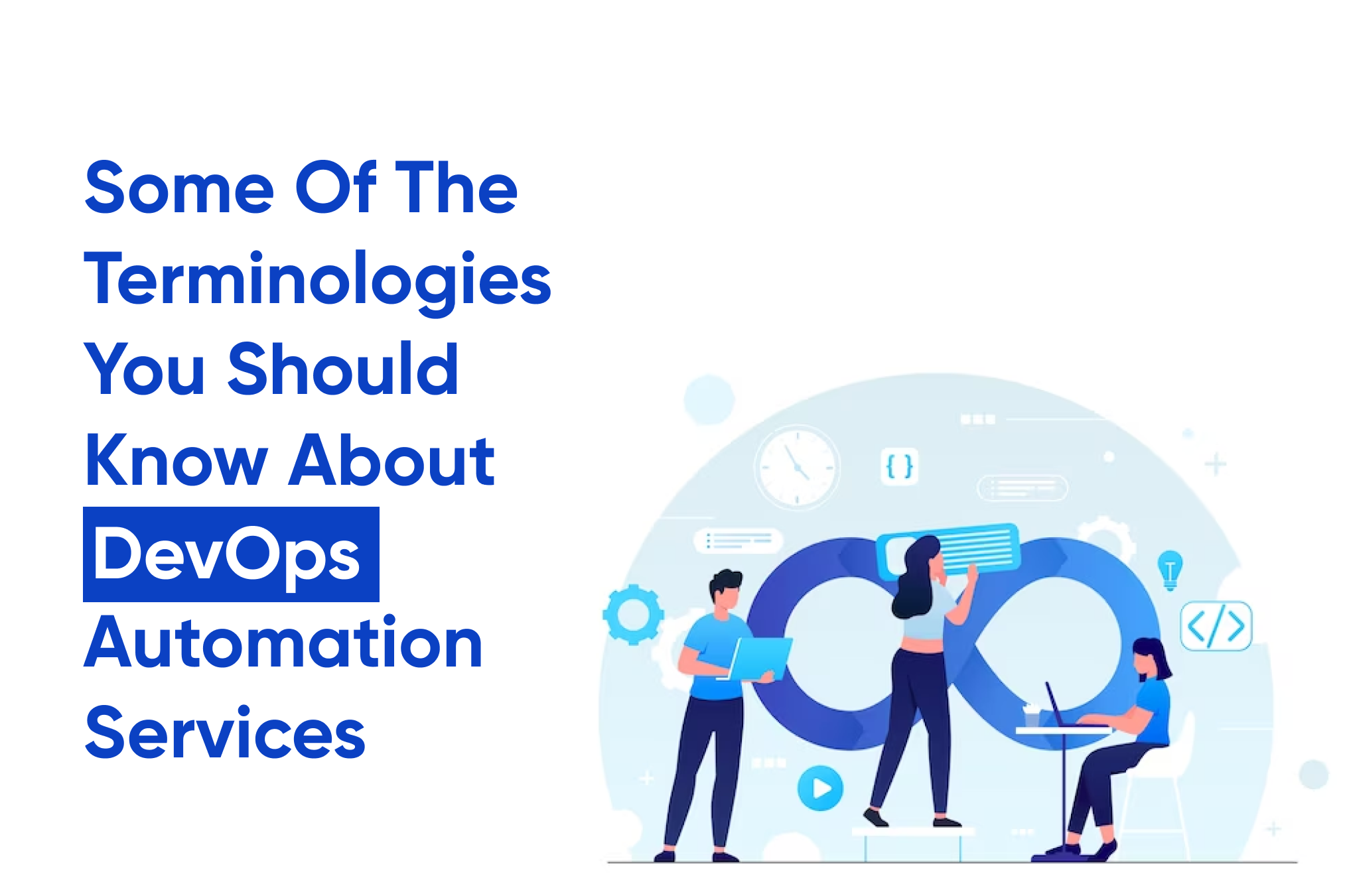

As a starting point, let’s define who DevOps consultants and DevOps engineers are.
A DevOps consultant is a certified DevOps professional who is usually hired to resolve a specific issue or to educate employees to use DevOps tools, and who works according to the principles of DevOps.
A DevOps engineer is an in-house tech person trained to implement DevOps practices into IT organizations in a cost-efficient manner and who usually acts according to the design created by a DevOps architect (or provided by a DevOps consultancy).
Basically, the first provides guidance and shares insights about the ways of resolving problems at hand, while the latter is primarily focused on making a specific design work according to the established procedures.
DevOps automation services are the addition of technology that performs tasks with reduced human assistance to processes that facilitate feedback loops between operations and development teams so that iterative updates can be deployed faster to applications in production.
DevOps is an approach to culture, automation, and platform design intended to deliver increased business value and responsiveness through rapid, high-quality service delivery. DevOps practices bring development and operations team members together into a single DevOps team. This moves ideas and projects from development to production faster and more efficiently. DevOps involves more frequent changes to code and more dynamic infrastructure use when compared to traditional, manual management strategies.
Of course, this means more frequent changes to code and more dynamic infrastructure usage. Traditional management strategies can’t keep up with this kind of demand. You’re going to need to change a few things to give you an edge.
Automation is the use of technology to perform tasks with reduced human assistance. Automation helps you accelerate processes and scale environments, as well as build continuous integration, continuous delivery, and continuous deployment (CI/CD) workflows. There are many kinds of automation, including IT automation, business automation, robotic process automation, industrial automation, artificial intelligence, machine learning, and deep learning.
A DevOps assessment is nothing but a set of questions that personnel from different organizational areas can answer. Based on the analysis of the answers, the organization can see whether it is moving in the right direction. DevOps assessment helps outline current maturity and identify a road map of improvement areas.
DevOps Automation Testing- In true DevOps style, development and test automation engineers need to work together to help the automation tester to develop test scripts and maximize the test coverage. These scripts and code, supported by CI/CD tools, are used to generate builds automatically, deploy them, and test them.
DevOps culture is all about a shared understanding between developers and operations and sharing responsibility for the software they build. That means increasing transparency, communication, and collaboration across development, IT/operations, and "the business".
DevOps transformation- DevOps helps organizations succeed with digital transformation by shifting the cultural mindset of the business, breaking down detrimental silos, and paving the way for continuous change and rapid experimentation: All those elements help organizations meet evolving customer demands, experts point out.
CI/CD- Continuous integration is a coding philosophy and set of practices that drive development teams to implement small changes and check-in code to version control repositories frequently. Continuous delivery picks up where continuous integration ends. CD automates the delivery of applications to selected infrastructure environments.
DevOps consulting services empower developers, operations teams, test engineers, product managers, and executives to collaborate closely with each other for enhanced transparency and agility.
DevOps isn’t just about development and operations teams. In order to take full advantage of a DevOps approach, organizations must consider how security plays a role in the life cycle of their apps. This means thinking about core security from the planning phase onward. It also means automating some security features to keep the DevOps workflow from slowing down. Selecting the right tools to integrate security can help meet your DevOps security goals.
But effective DevOps security requires more than new tools—it builds on the cultural changes of DevOps to integrate the work of security teams sooner rather than later. DevOps speeds things up by closing the gap between development and operations, but the speed gained can be undermined by poor security planning.
Security used to be the exclusive responsibility of an isolated team—tacked on in the final stage of development. Now, in a collaborative DevOps framework, security is a shared responsibility, integrated from the start.
Align your IT goals with business goals. The need for implementation of DevOps should be business-driven. It should not be implemented just because it is the latest trend, but your development process for the business goals should demand this change.
DevOps practices demand to break down functional silos among various disciplines in IT.
Organizations must keep adapting themselves to the ever-changing customer demand and deliver DevOps solutions/services that meet, rather exceed, customer expectations regarding time, functionality, and performance.
Achieve the DevOps strategy for faster and smaller release cycles and then adopt at scale. Some quick successes consolidate the belief of various stakeholders in the new approach.
Automation enables faster execution throughout the SDLC, keeping up with the speed of DevOps.
We should use the following tools for CI/CD pipeline because they provide better quality code out faster.
CI/CD focuses on software-defined life cycles highlighting tools that emphasize automation whereas DevOps focuses on culture highlighting roles that emphasize responsiveness.
He is a DevOps Engineer based in Odessa, Odessa, Ukraine. Interested in administration, electronics, physics.
He is Persistent, sociable, creative says his linkedin profile.